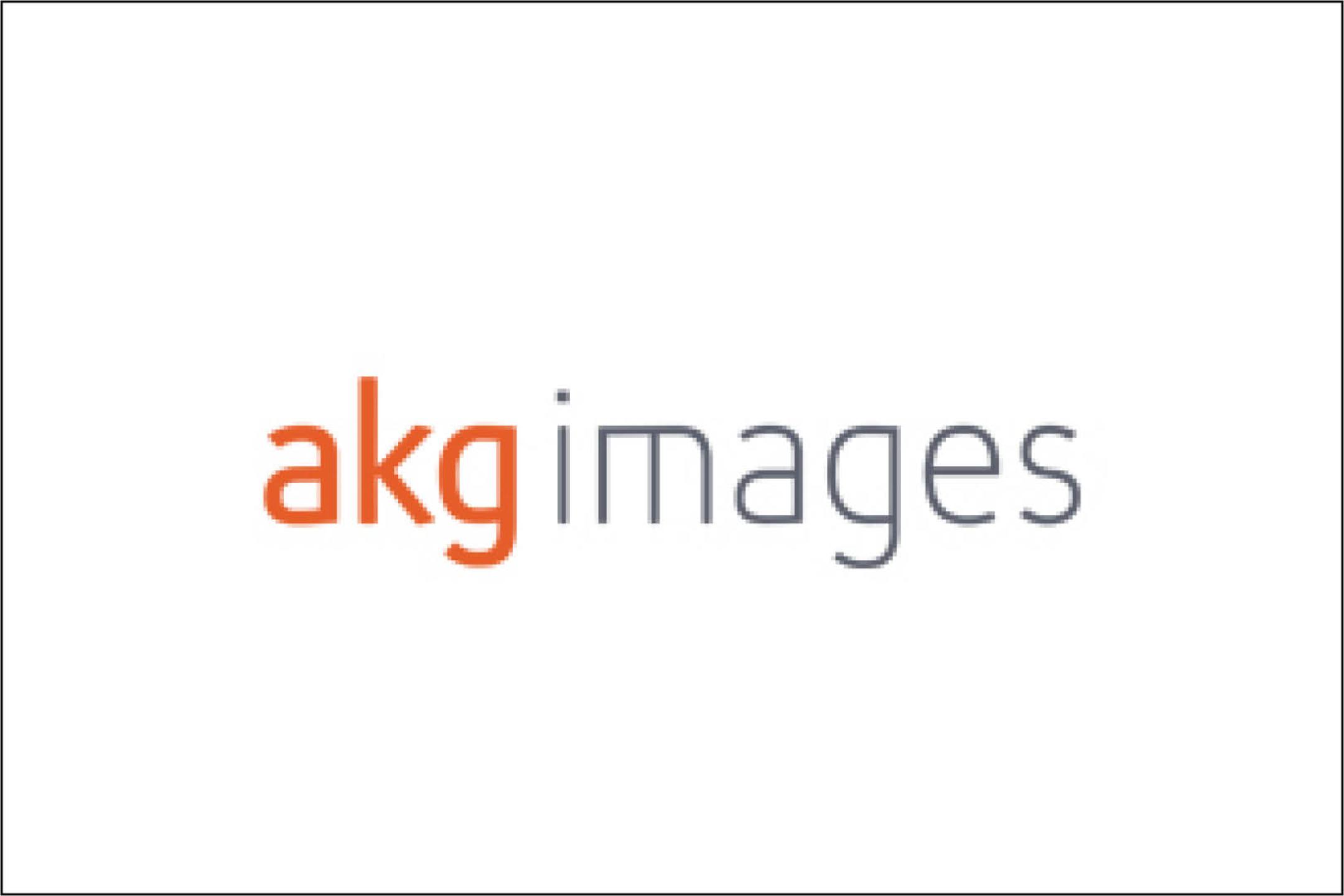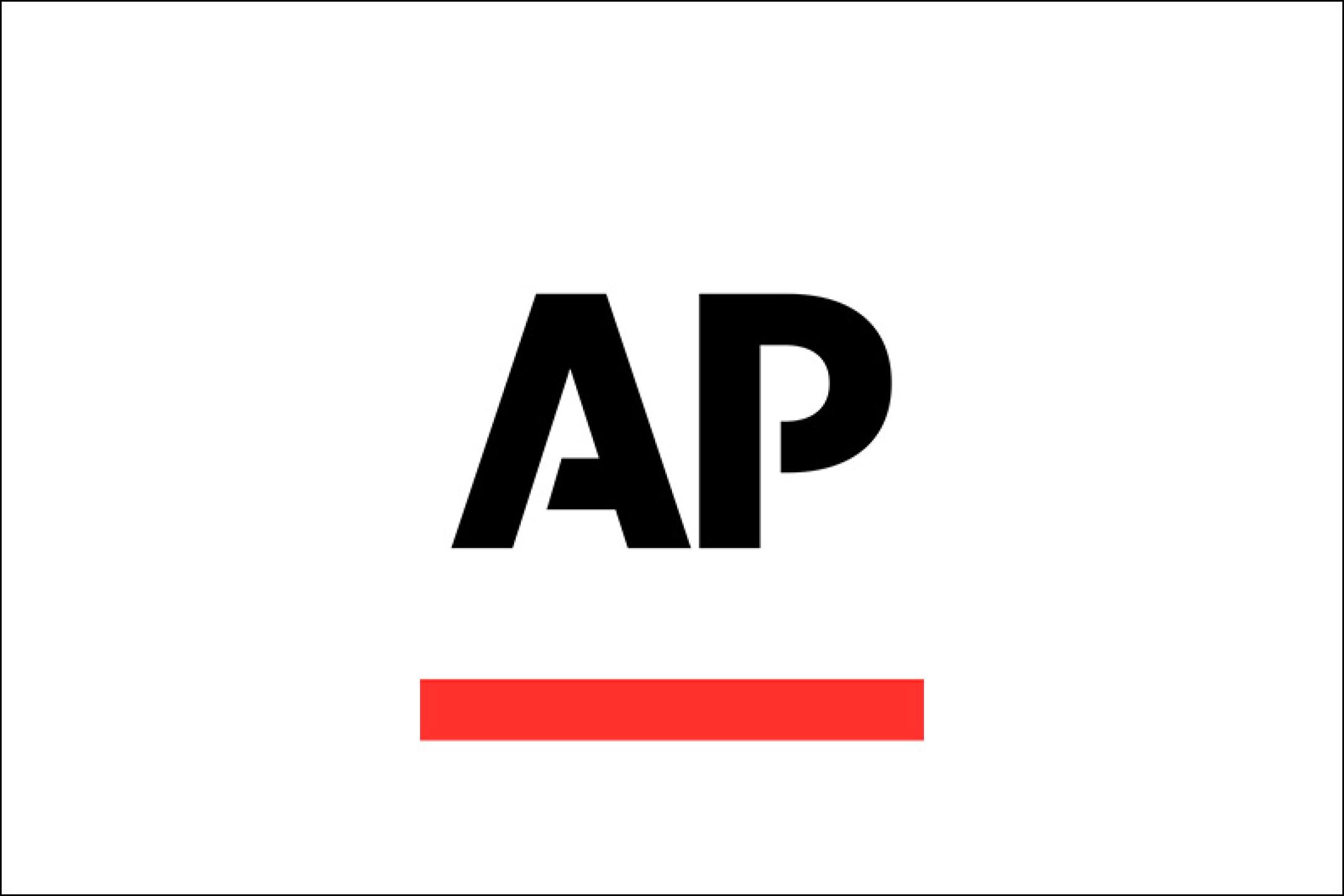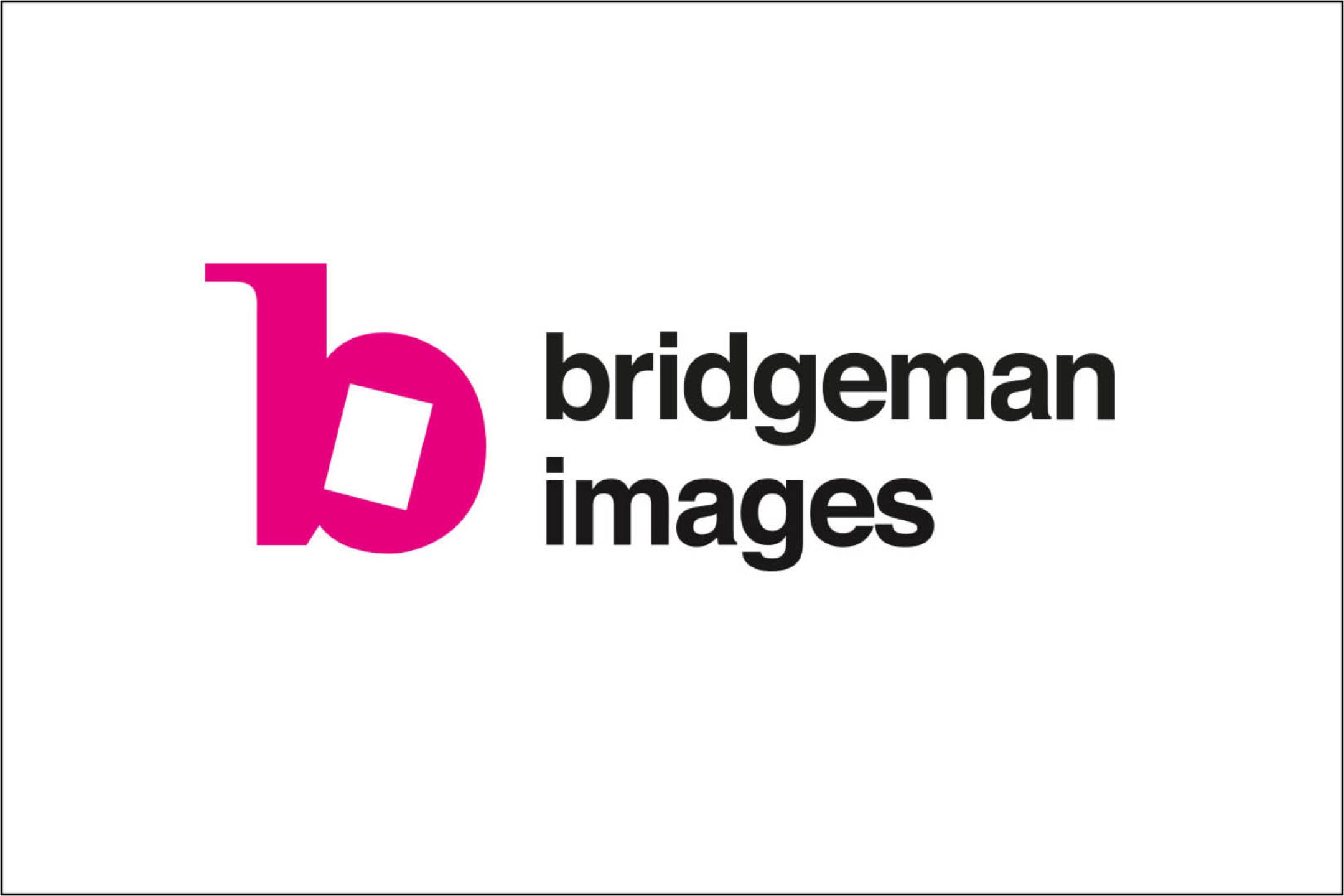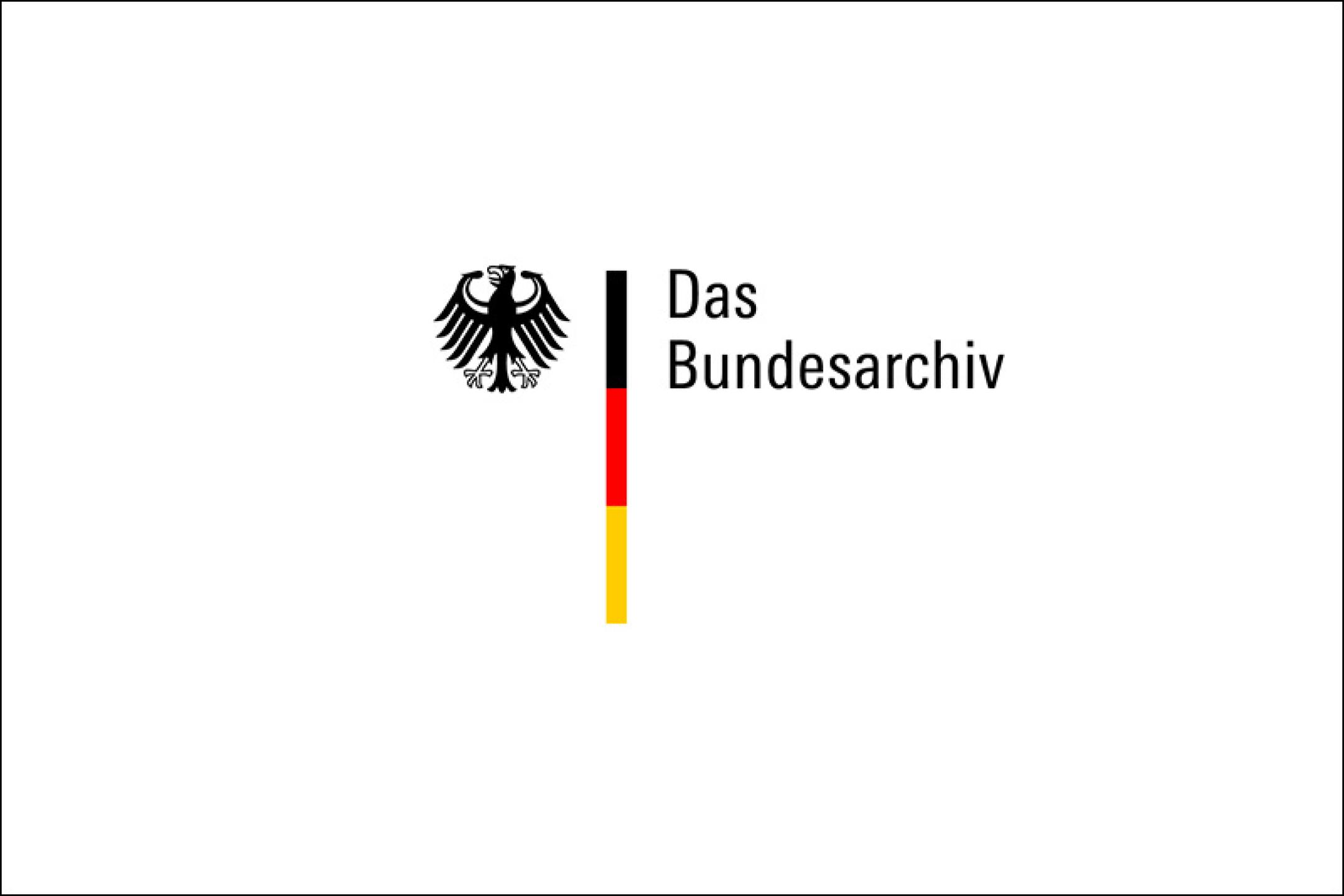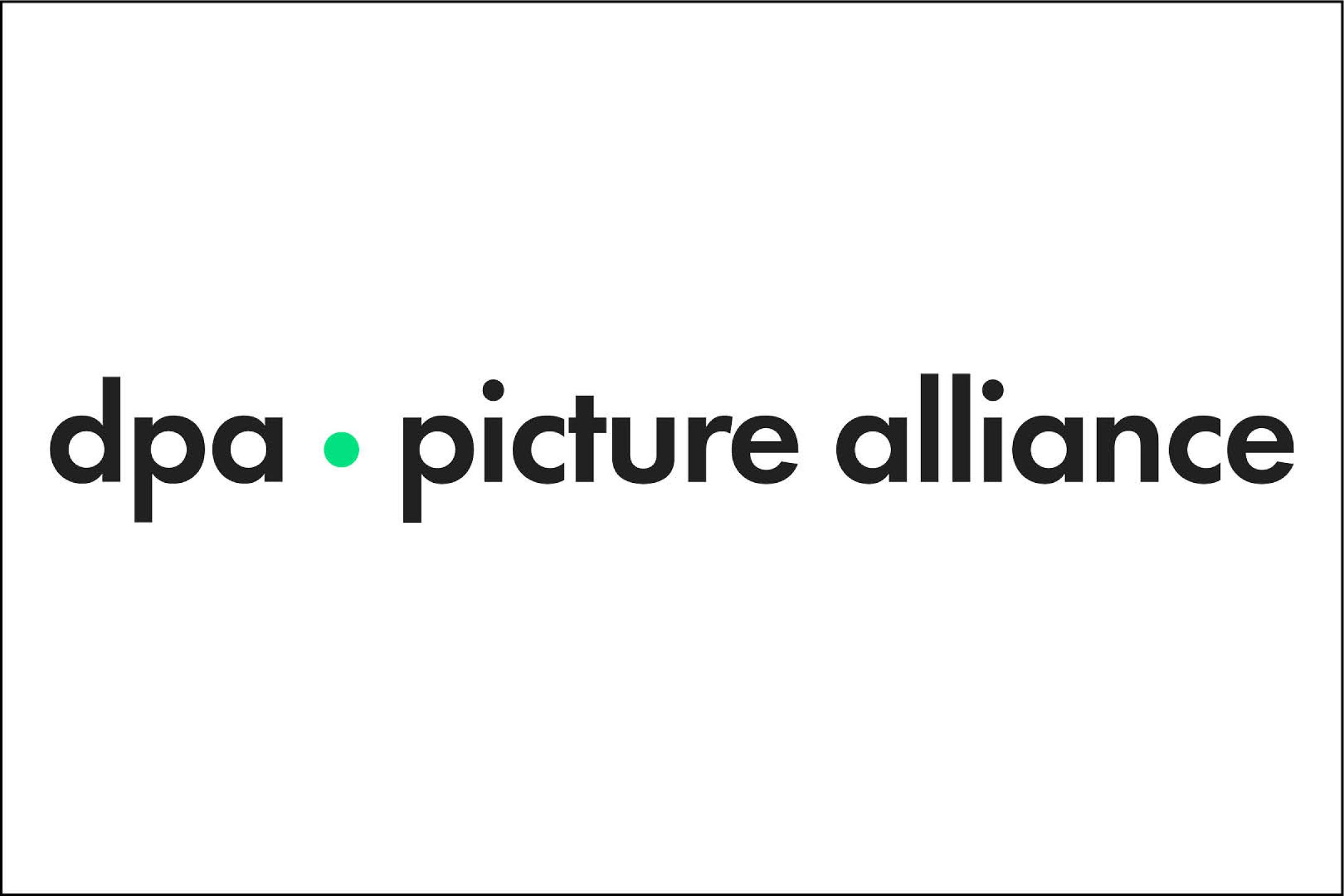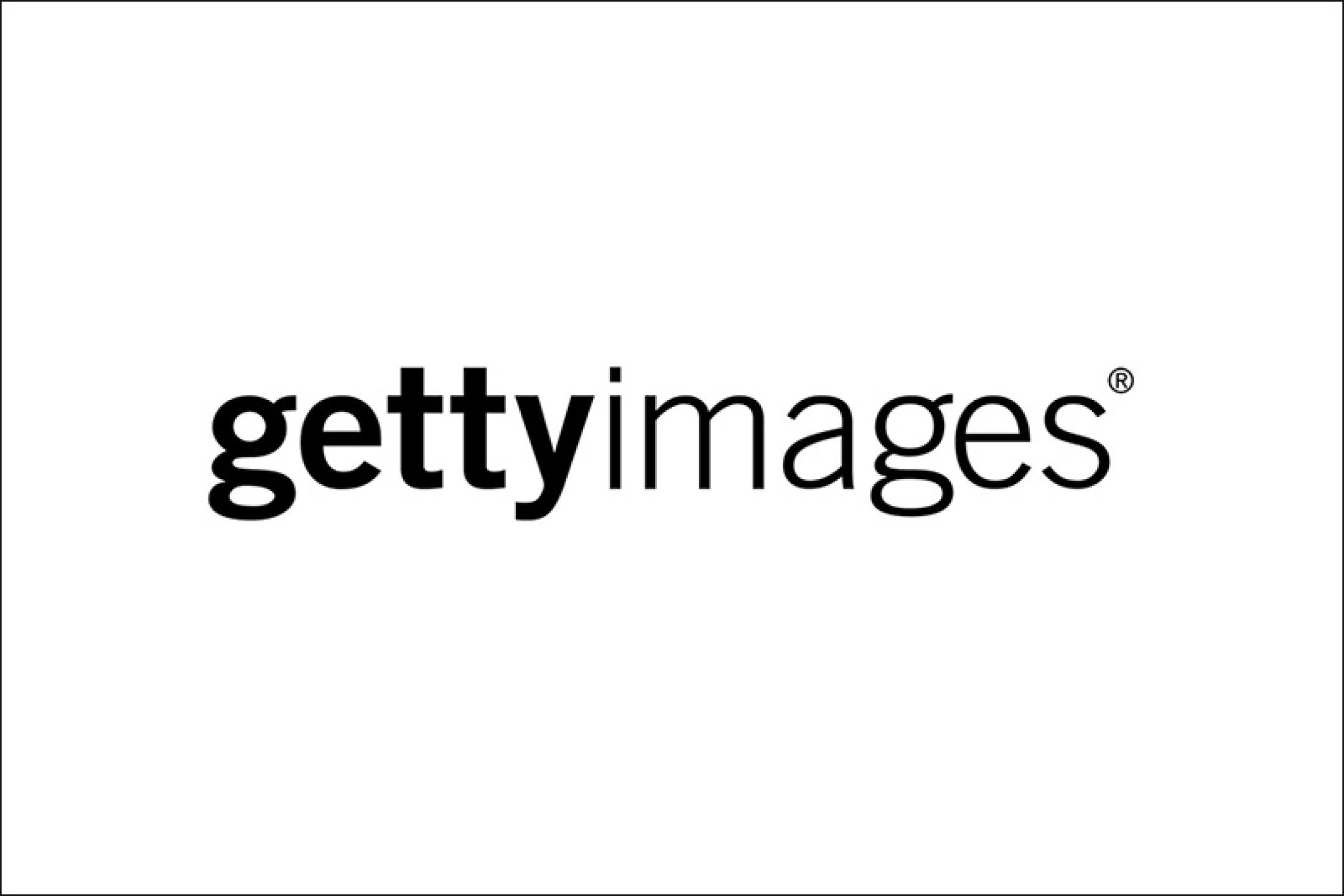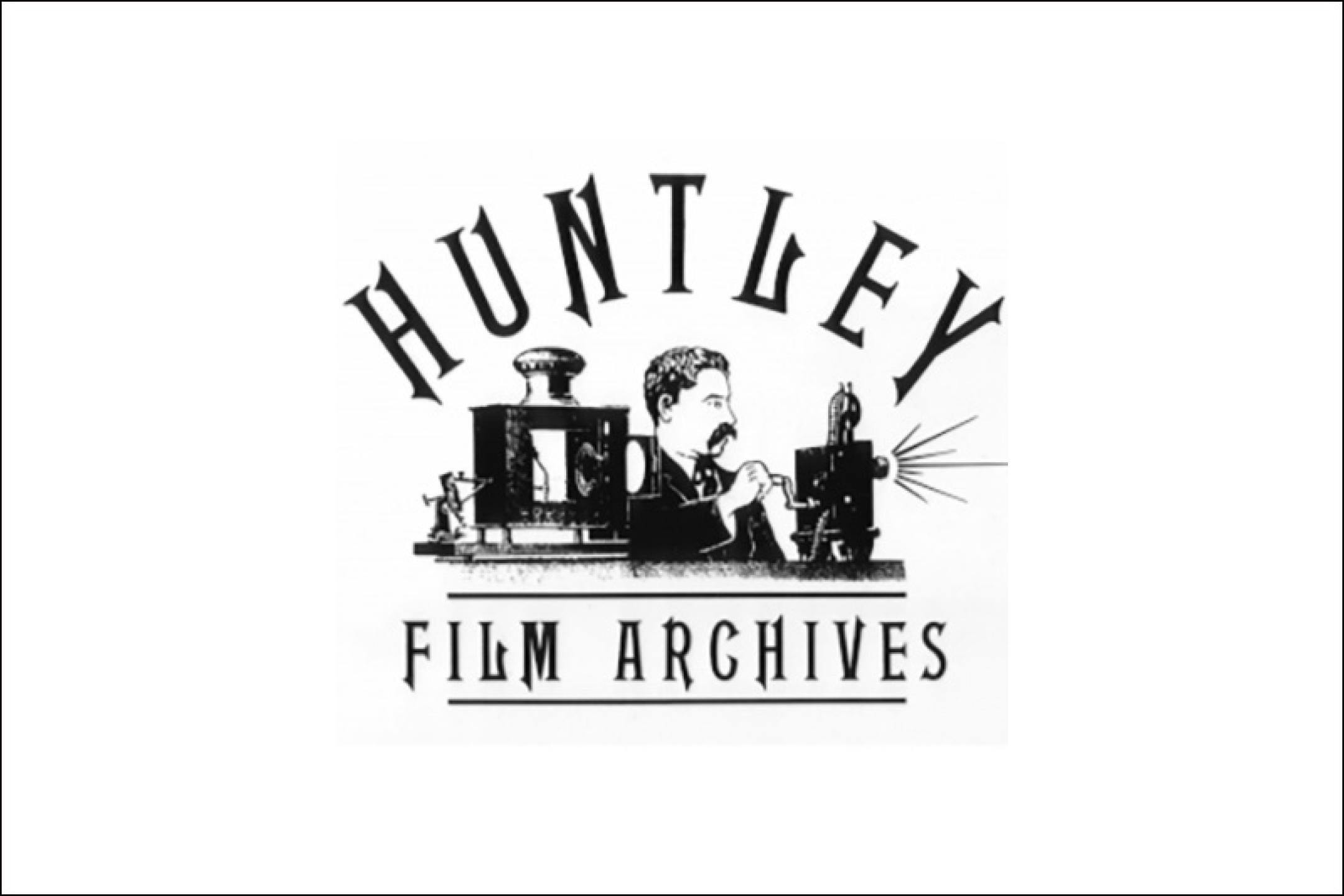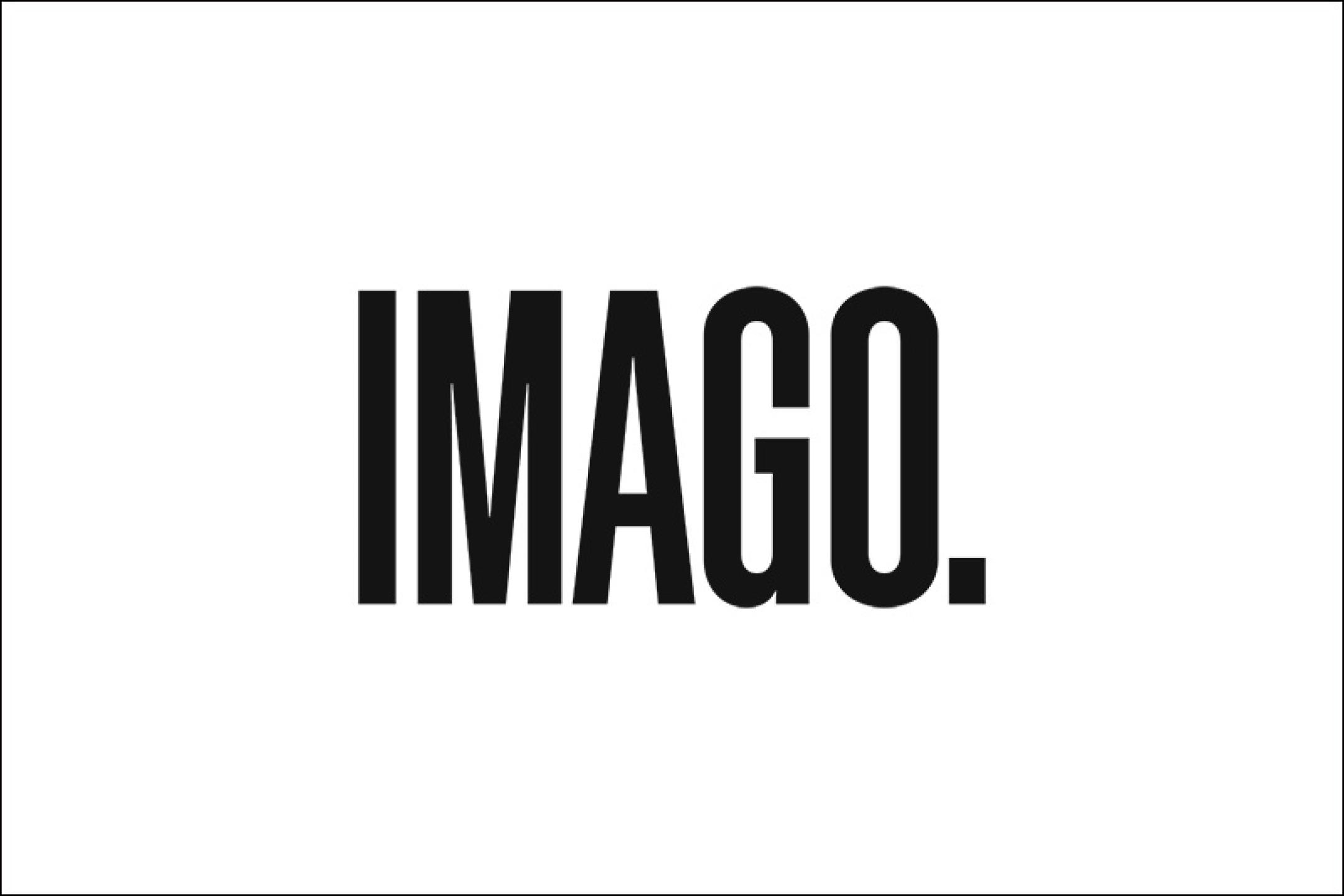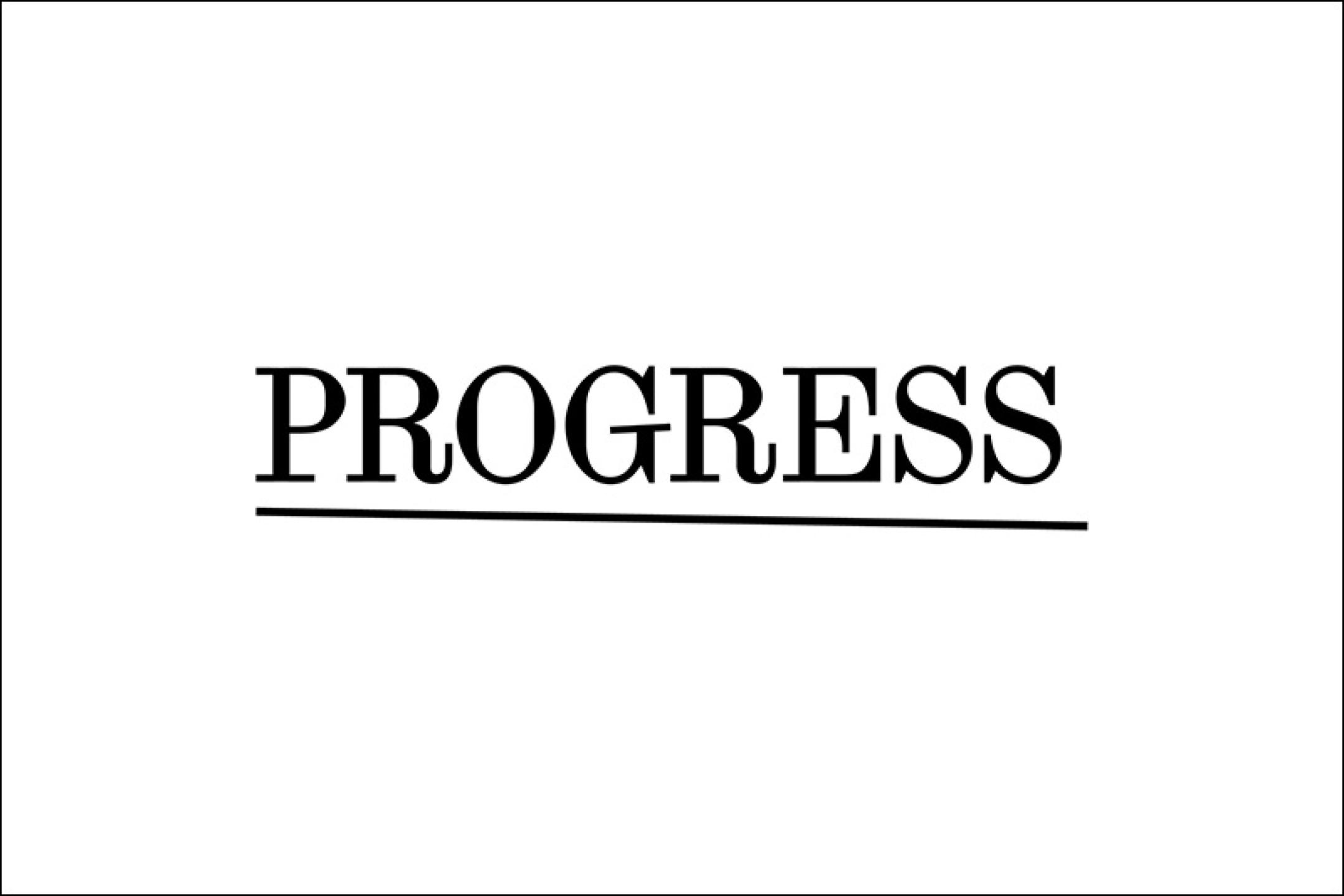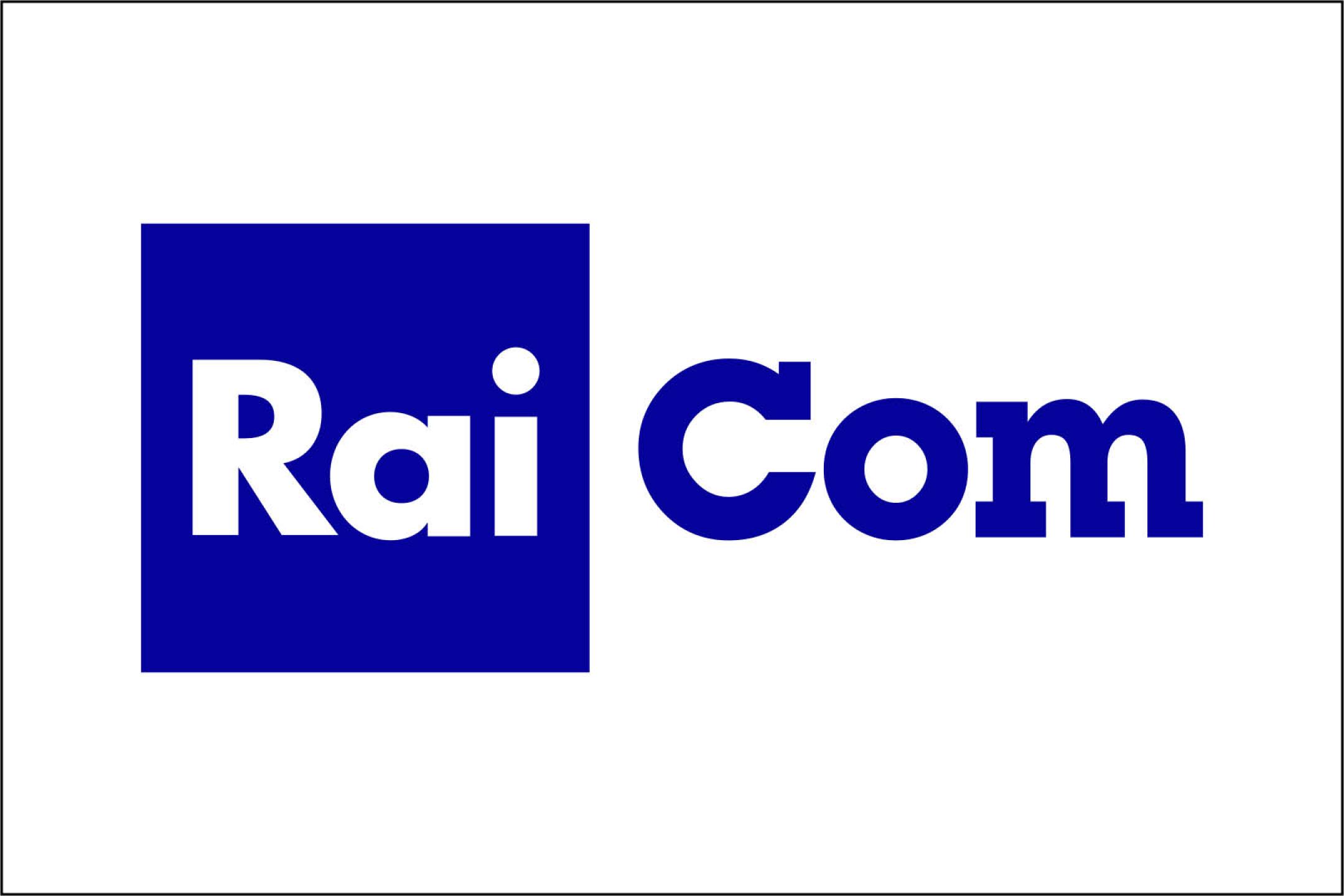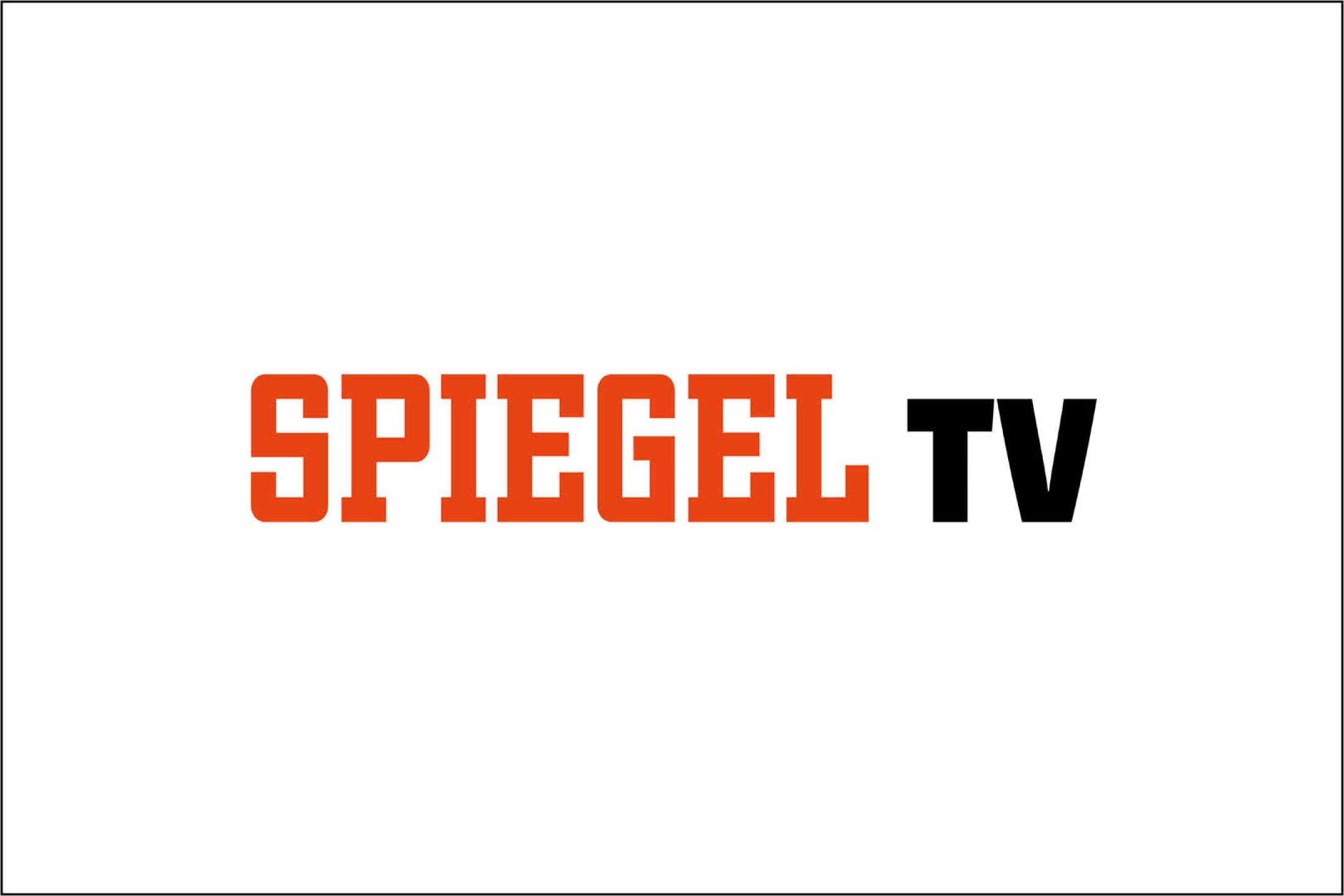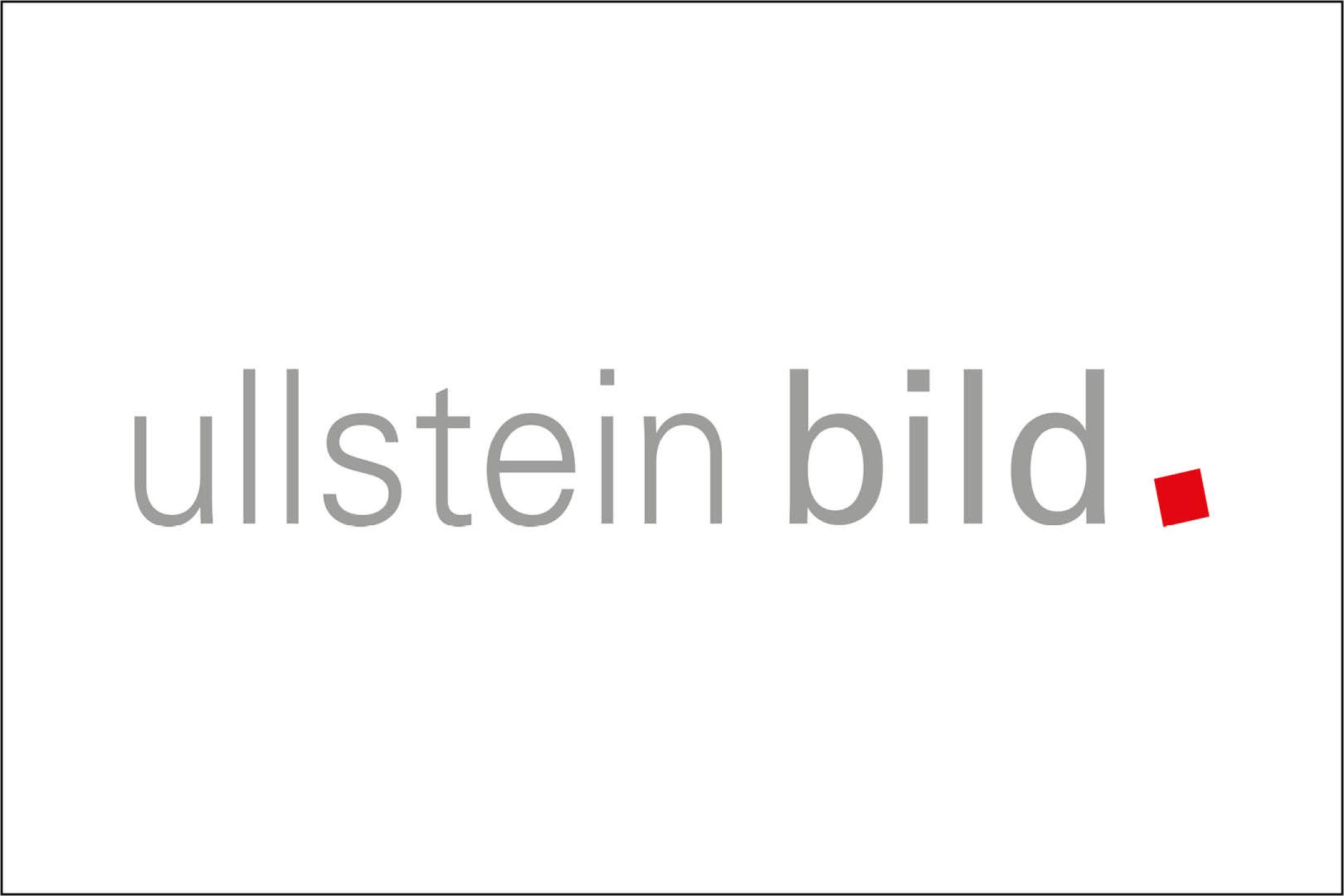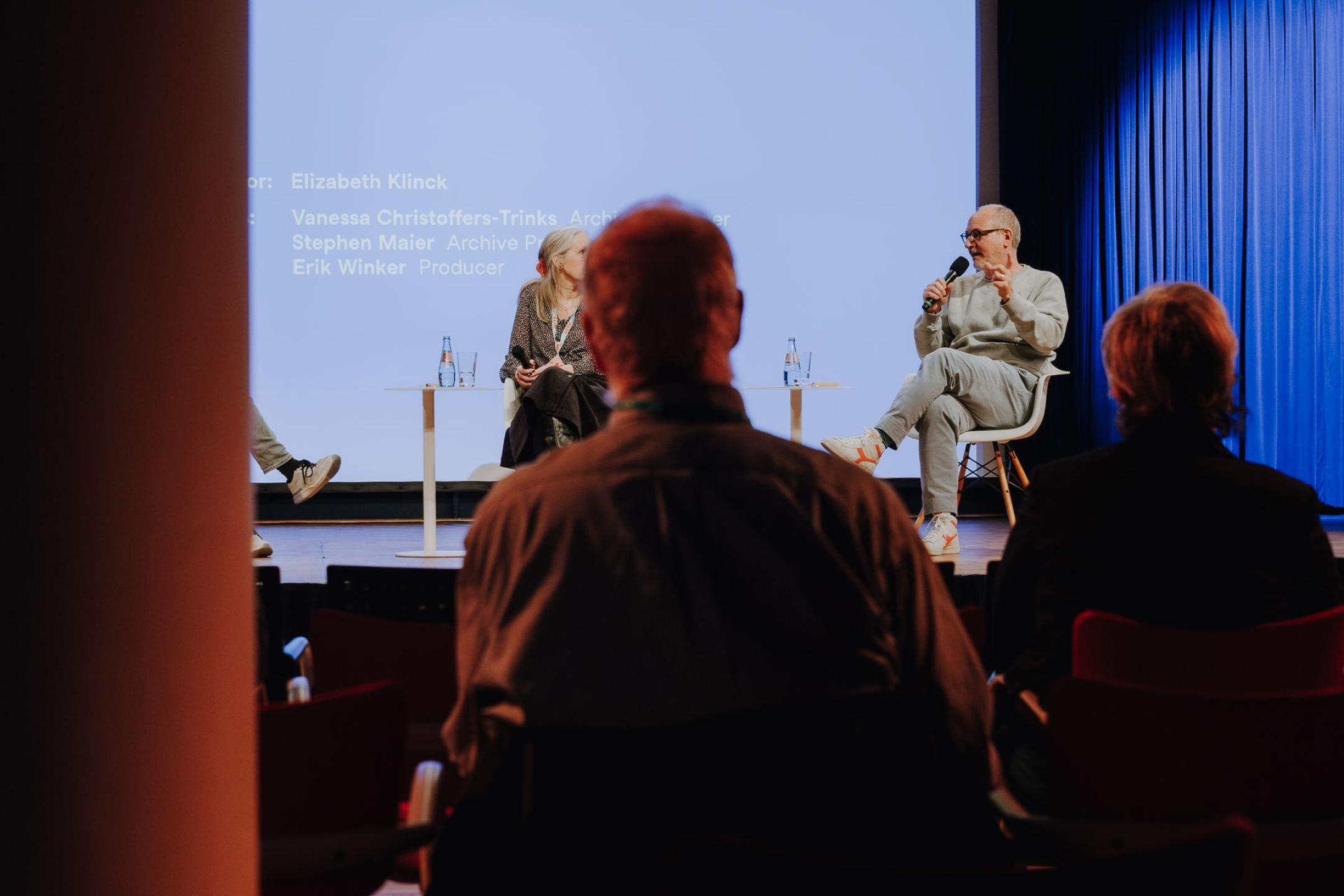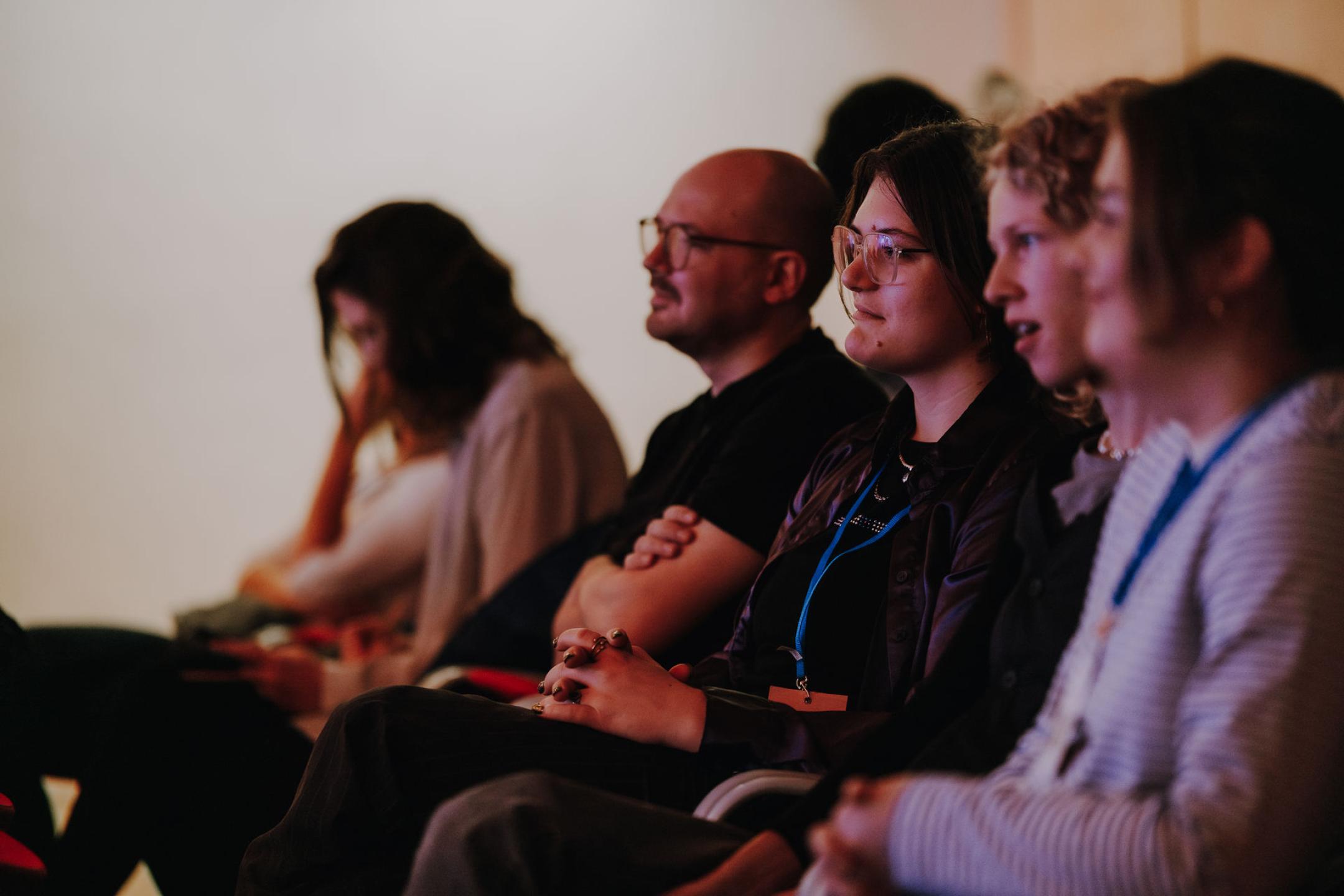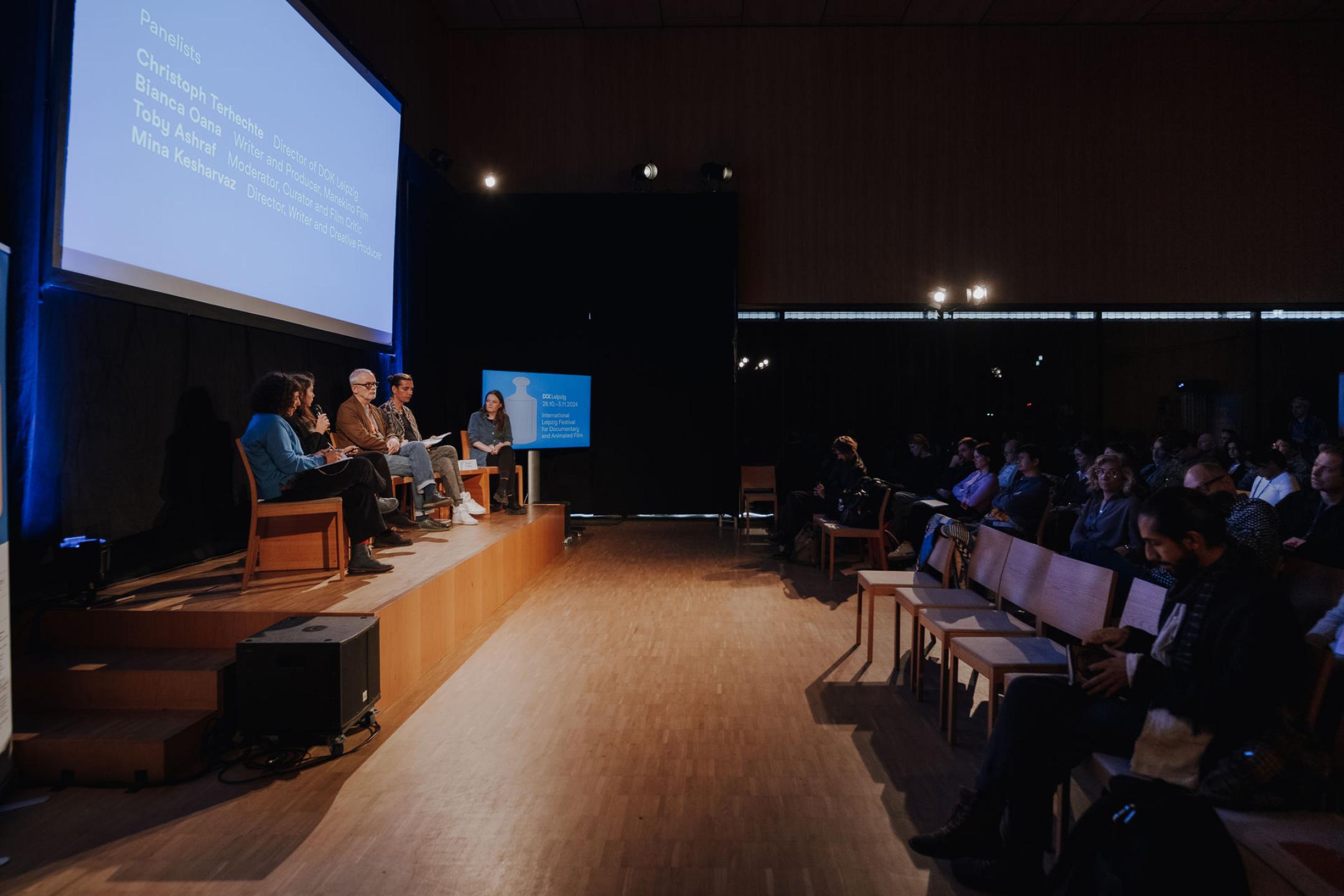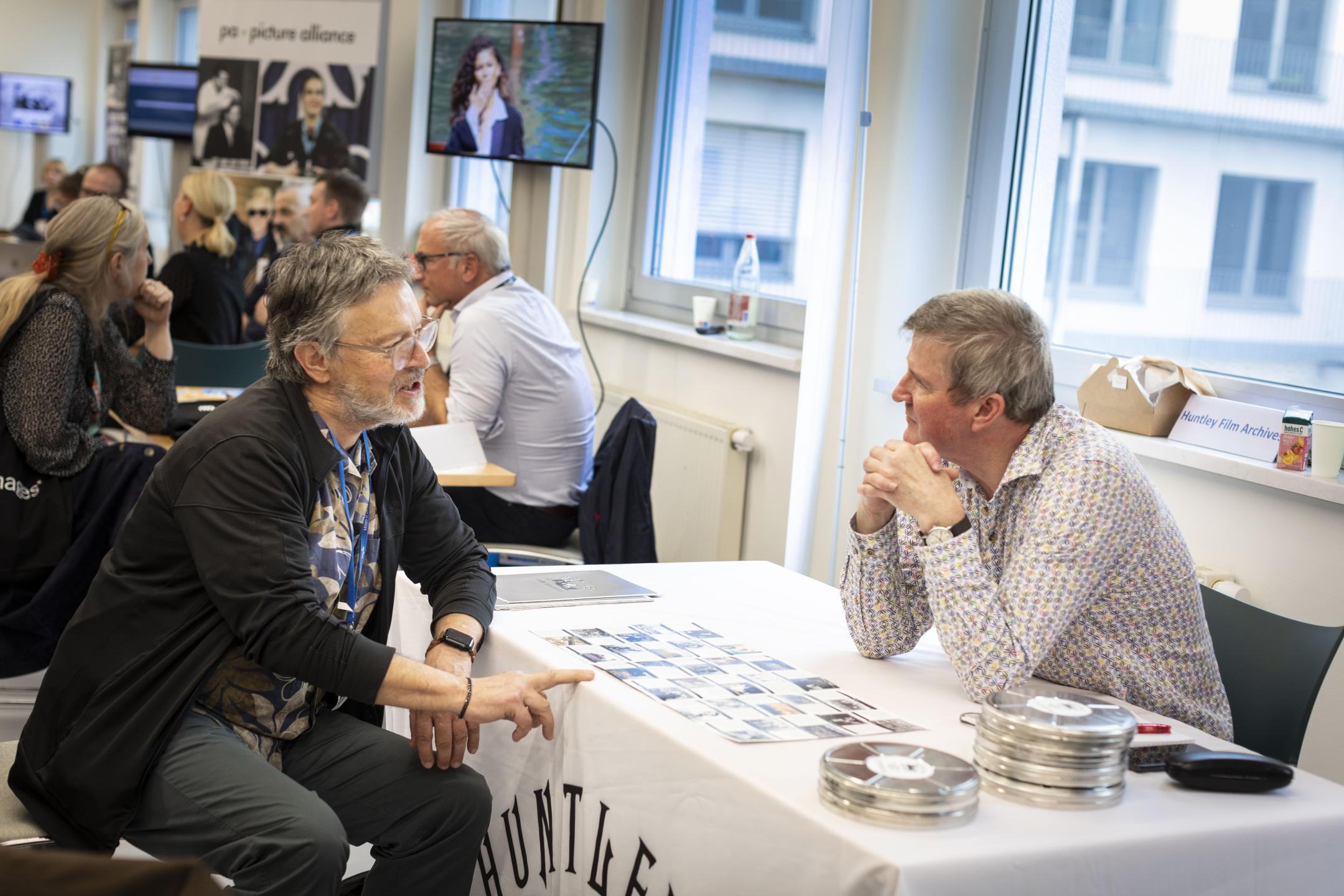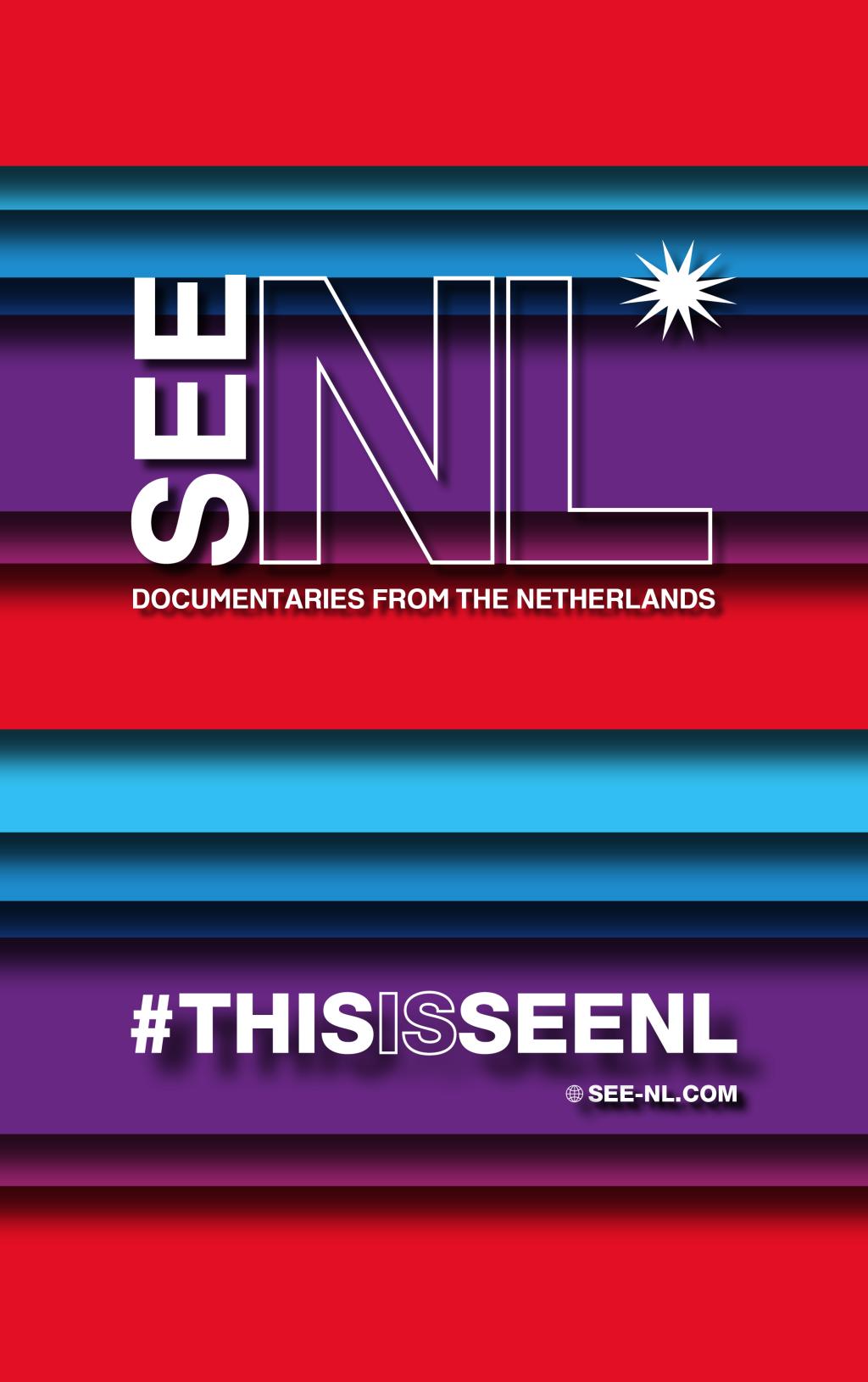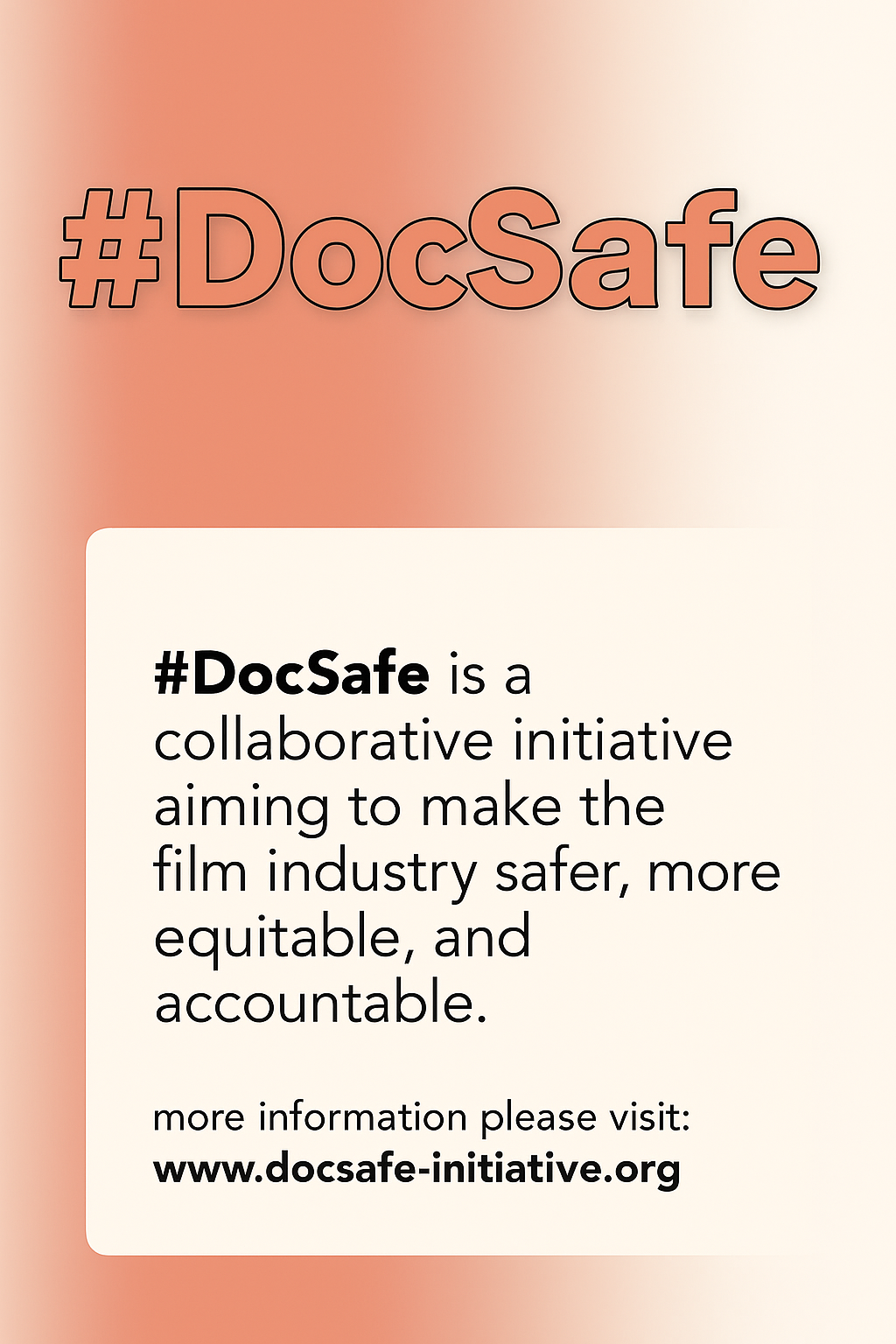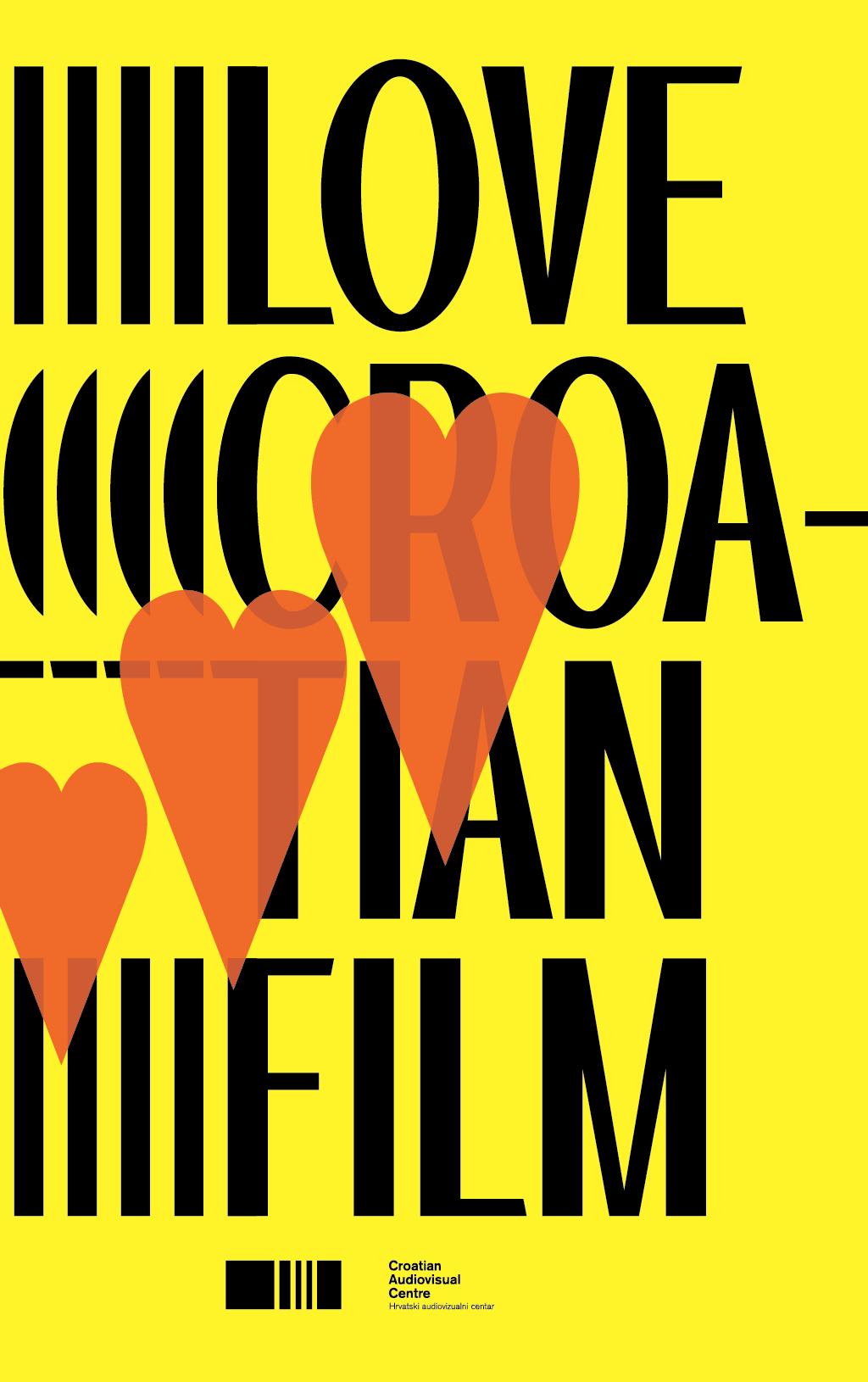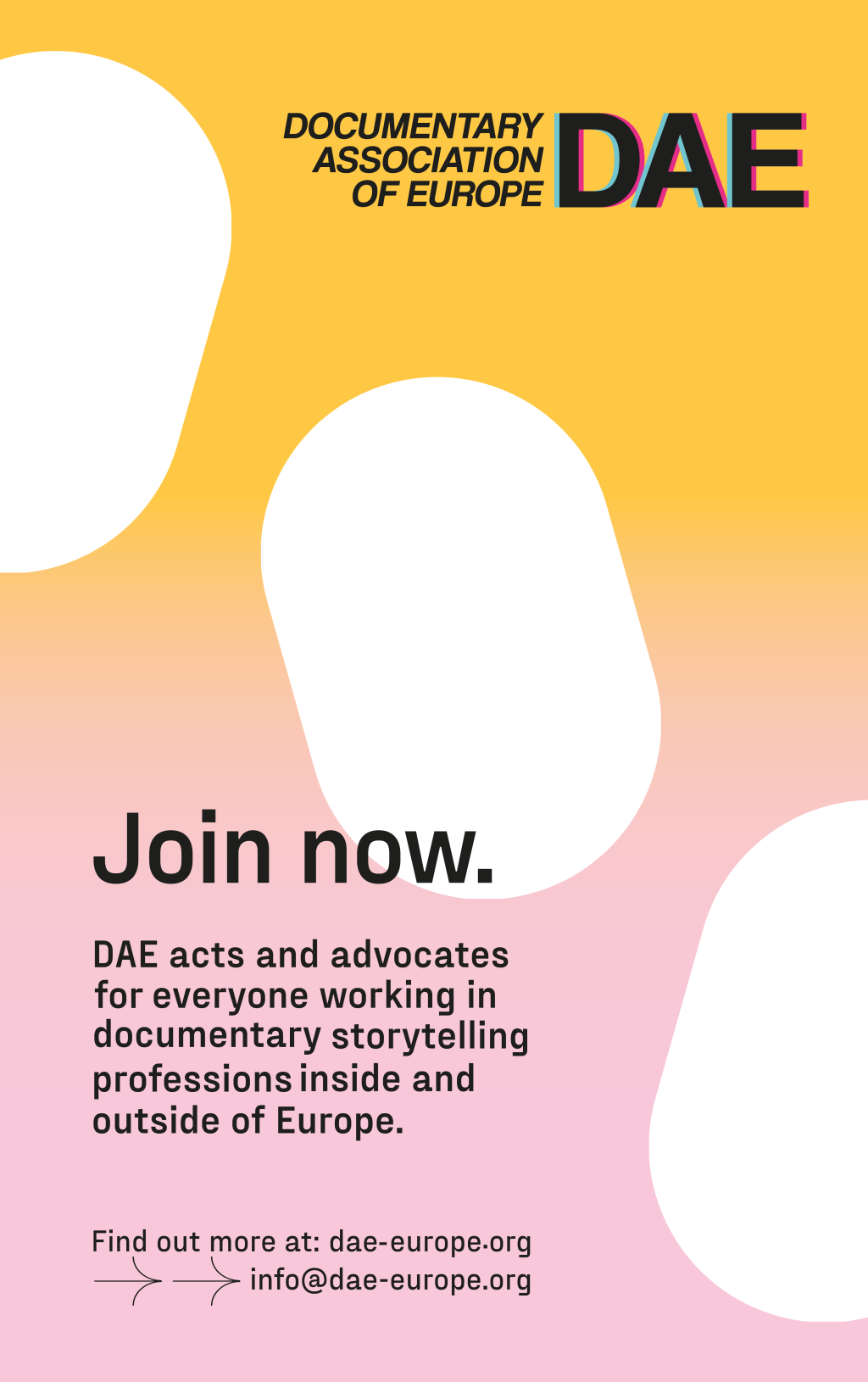DOK Archive Market
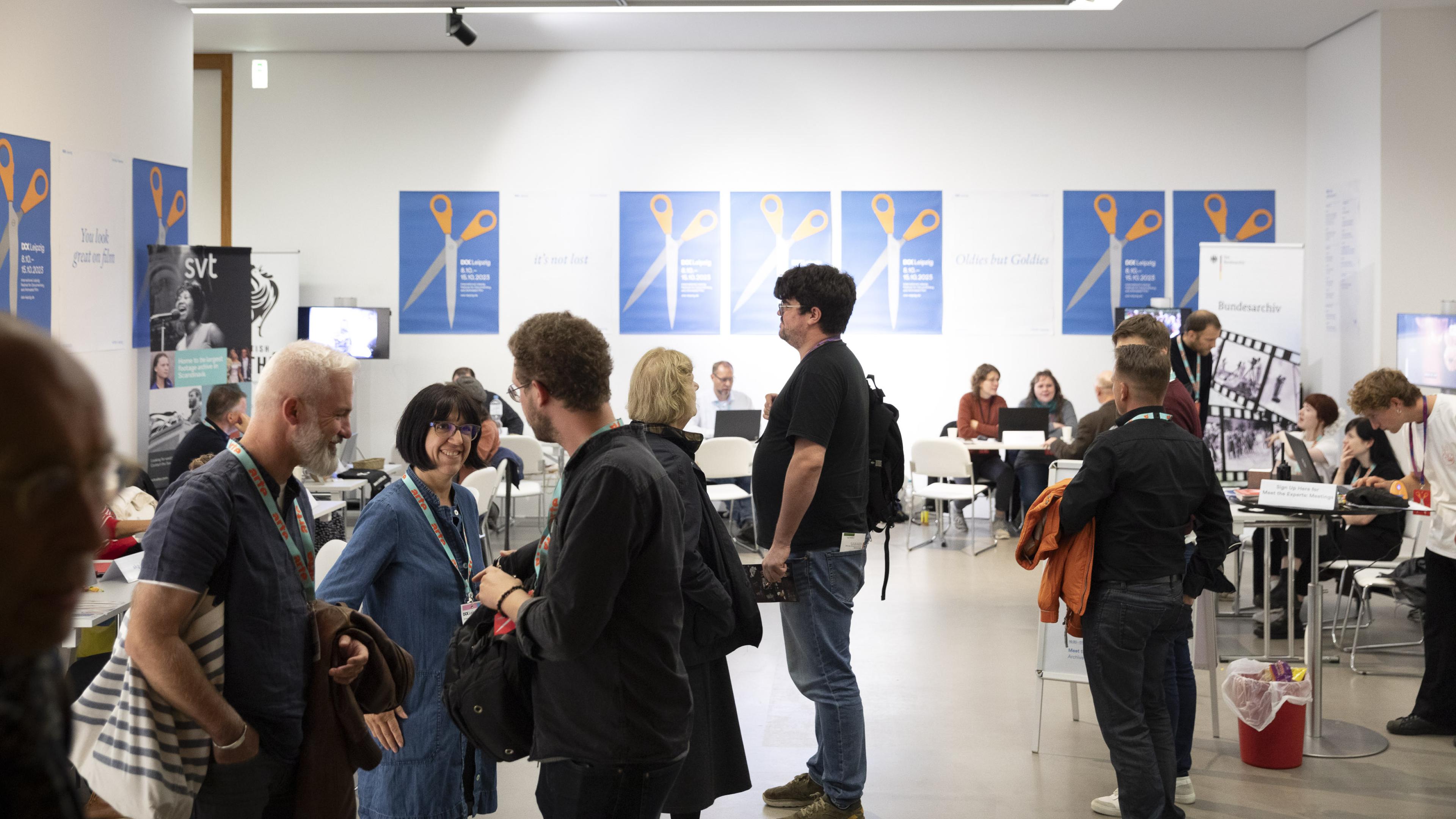
Meet with international archives at the DOK Archive Market, find out about their footage and stills collections and forge connections with the archive representatives.
The DOK Archive Market panel programme presents exciting discussions offering insights into the nuts and bolts of archival research, production and rights clearances.
In one-on-one consultations archive researchers and archive producers give concrete advice on researching and licensing footage for projects.
Access
Accredited guests welcome

Sports Footage Licensing for the Documentaries “FC Hollywood” and “Mädchen können kein Fußball spielen”
Sports rights can make or break documentary storytelling. In this practical session, we map the rights landscape, clarify what often seems opaque from the outside, and outline workable routes through it. Using two case studies, “Mädchen können kein Fußball spielen” (“Girls Can’t Play Football”) and “FC Hollywood”, we examine archive budgets, differing rights regimes across leagues and countries, and how access, cost, and gaps in material shape narrative choices. We also discuss women’s sport and historical events, and what to do when key moments are missing or unaffordable - from creative sourcing to narrative reframing.
Moderator:
Elizabeth Klinck
Founder of E Klinck Research, Archive Producer
Panellists:
Thorben Bockelmann
Archive Producer, GRAP
Janne Gärtner
Archive Producer, GRAP
What Happens After the Rough Cut?
Kasimir Marks (Gruppe 5 Filmproduktion) provides insights into the crucial final stages of a project from an archive producer’s point of view and shares some of the tools of the trade and the odd surprising anecdote. Discussing the considerations that help you to deliver on time and on budget, this keynote gives an overview of the licensing process from rough cut to delivery as well as the final documentation and even archiving for the next project. How can understanding the differences in pricing models save you money? What can directors, editors and post-production do to help keep down costs and how much time do you need to allow to secure the best possible footage? This is how knowing the details, shortcuts and pitfalls of archive production can make the difference to your film.
Speaker:
Kasimir Marks
Archive Producer, GRAP
As demand for archive material in film and television continues to grow, the challenges of sourcing, clearing, and using archive footage have become increasingly urgent. In this keynote, freelance archive producer Gregor Murbach showcases standout recent productions researched by members of the German Archive Producers association (GRAP). He shares insights from his work and an exclusive survey of German and international archive producers -covering challenges from hard-to-access collections to managing directors’ and producers’ expectations.
Speaker:
Gregor Murbach
Archive Producer, GRAP
One-on-Ones with Archive Researchers & Producers
DOK Industry participants are invited to consult with archive researchers and archive producers on researching and licensing footage for their projects.
Prior registration required. The sign up form will open here on 23 October.
Thorben Bockelmann, Germany
Masha Chelova, Germany/UK
Vanessa Christoffers-Trinks, Germany
Moritz Conrad, Germany
Eva Diet, Germany
Mona El-Bira, Germany
Claudia Gründer, Germany
Thembi Hahn, Germany
Elizabeth Klinck, Canada
Michael Konstabel, Germany
Christin Köppen, Germany
Sabine Kues, Germany
Stephen Maier, Germany
Gregor Murbach, Germany
Julian Nindl, Germany
Monika Preischl, Germany
Linn Sackarnd, Germany
DOK Industry is realised with the support of Creative Europe MEDIA Programme of the European Union, the Mitteldeutsche Medienförderung (MDM) and the Federal Government Commissioner for Culture and the Media upon a Decision of the German Bundestag.
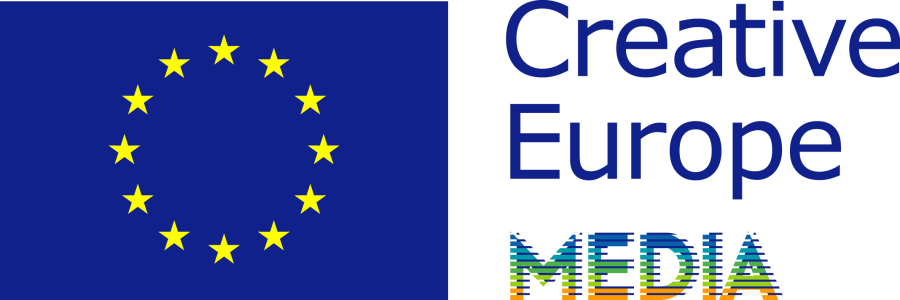
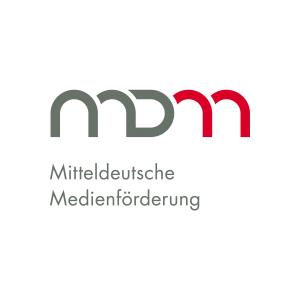

Funded by the European Union. Views and opinions expressed are however those of the author(s) only and do not necessarily reflect those of the European Union or the MEDIA sub-programme of Creative Europe. Neither the European Union nor the granting authority can be held responsible for them.
